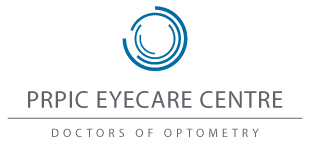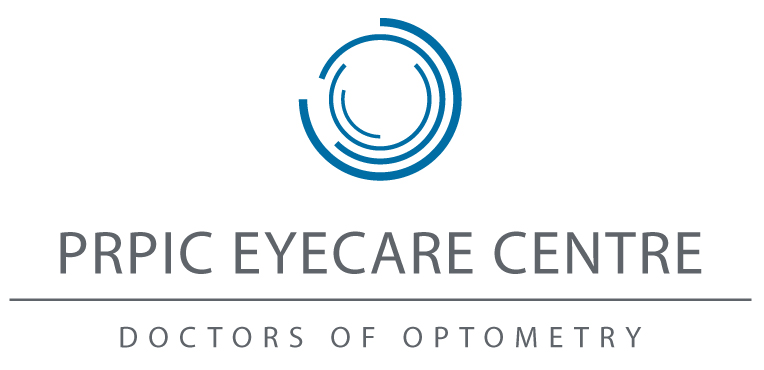Technology
Optos Ultrawide-field (UWF) Retinal Imaging
- The optos non-mydriatic imaging system allows our doctors to assess the health of the peripheral retina (up to 220 degrees) without the use dilating drops
Medmont Corneal Topography
-
- Corneal topography is a non-invasive medical imaging technique used to map out the curvature of the surface of the corne
- The Medmont corneal topographer allows our doctors to offer a wider range of services and expertise when it comes to managing and providing visual solutions for irregular and post-surgical corneas.
- Corneal topography is frequently used in our contact lens clinic for specialty and difficult fits including: scleral lenses, orthokeratology, and rigid gas permeable lenses.


Technology
Zeiss Cirrus Optical Coherence Tomography (OCT)
- OCT is a non-invasive medical imaging modality that uses reflected light rays to look at the the layers of the eye on a microscopic level.
- OCT imaging allows for resolution of as small as two microns. To put this into perspective, the average human hair is 40-50 microns thick.
- Some medical conditions that are monitored closely by OCT imaging include: age-related macular degeneration (AMD), diabetic macular edema, glaucoma.
- OCT is used most frequently by our doctors in our retina clinic to assess findings and quantify changes on a microscopic level
Humphrey Visual Field Perimetry
- Perimetry is the methodical measurement of a person’s visual field. It is used to assess an individual’s remaining functional vision.
- The Humphrey Visual Field Perimeter is the accepted standard when it comes to automated static perimetry.
- Some medical conditions that manifest in loss or changes of an individual’s visual field include: cerebrovascular accidents (strokes), multiple sclerosis, and glaucoma.
- Perimetry is used most frequently by our doctors in our glaucoma clinic to monitor for subtle subclinical glaucomatous changes

